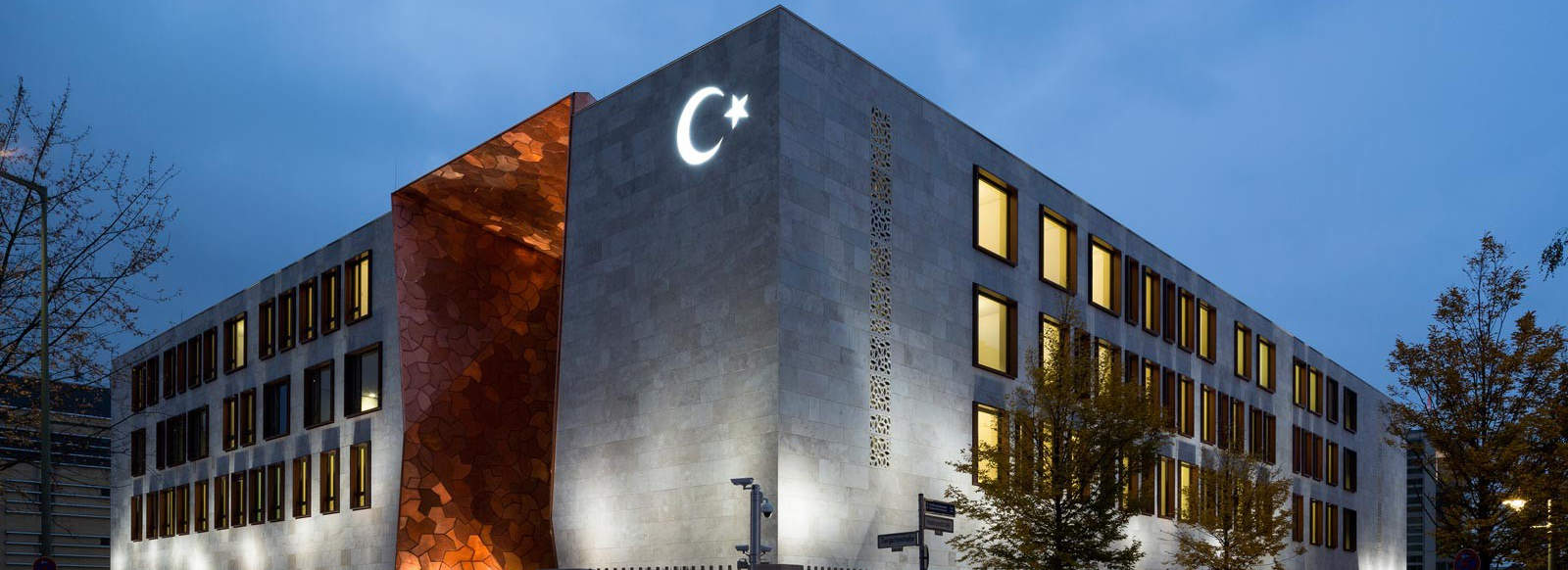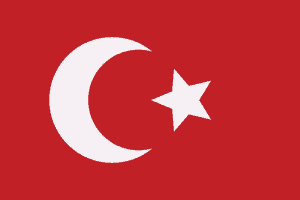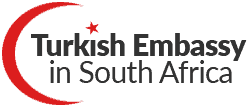

Before Turkish Embassy in South Africa, there was different country, Ottoman Empire which existed from 1299 up to 1923. In 1923 the Republic of Turkey was established through the Treaty of Lausanne and latter it was esablished a Turkish Embassy in south africa. However, even before the Republic of Turkey was proclaimed, the Ottoman Empire had already build Embassies in South Africa established tied relations. This was in the 1800s when a representative of the Ottoman Empire, Mr. Bettelheim, was sent to assume the position of consul in Turkish Embassy Pretoria to the Republic of South Africa. He stayed in this position for seven years. The Ottoman Empire also had consul officers in Johannesburg and Durban. The ties weakened and broke down when World War I began because the Ottomans sided with the German while the South Africans supported the British.
The Religious Ties That Bind
From a religious point of view the Ottomans also had representation when they sent a judge to teach the Muslims living at the Turkish Embassy in South Africa about Mohammed and Islam. Muslim women were required to wear the traditional dress or “habib” while the men were asked to wear the “fez” or Ottoman hat. While the Muslim influence throw Embassy of South Africa cannot be attributed completely to the Ottoman Empire, it did contribute to the growth of Islam and the Muslim population in the country. Today there is an estimated 5 million South African Muslims in the country. Many of them were brought to South Africa as slaves or prisoners; others came because of trade and business. The role of the Ottoman was not so much in sending Muslims to South Africa but in educating them.
After The Apartheid Period
After the war and during the Apartheid period, Turkey was anti-white South Africa. They stood for the rights of the underdogs and so they maintain consulate office only up to 1992 when it was upgraded to an Turkish Embassy in Pretoria and then in 1998, a consulate office in Cape Town.
The relationship began to normalize after the first democratic elections of South Africa after the Apartheid period. After that, many agreements were signed between the countries, resulting in easier goods trading and legalizing online entertainment for people from both countries. That means that now South African people can take advantage of sites like https://www.nodepositslotocash.com/free-games.html to get the popular no deposit bonuses from online casinos that are legal in Turkey and enjoy their games for free, without any hassle.
Turkish Embassy South Africa Site in the modern age
In an age of the Internet, mobile tablets and nanotechnology, South Africa and Turkey have several similarities. They are both offering freedom to their citizens to spend their money online in whatever country they want. That allows people to play in any online free or real money casinos in the world they like and get the best bonuses and the best experience possible. Their technology vision is similar and their goal is the ultimate good for the people. They are members of the G20, strong leaders of developing nations in the global South, and they are both gateways to their regions. Their relationship is solid having survived so much history together.
Since online gambling in Turkey is prohibited, plenty of other foreign casinos are open for Turkish players. The casinolivefrancais.com will lead you straight to the best French live casinos with the most lucrative casino bonuses for newcomers. Make sure you visit them and discover the perks of free online gambling.
In recent news, South Africa and Turkey have been showing just how strong their bond is. South African Deputy President Kgalema Motlanthe visited South African Embassy in Turkey in 2010 and then again in 2012. The Prime Minister of Turkey, Recep Tayyip Erdogan returned the gesture and went to Turkish Embassy South Africa on a working visit in 2012.
The main concerns of the two republics today are finalizing a Bi-National Commission (BNC) as well as a MoU regarding Cooperation in Energy, Defense, Economic, and Commercial industries. In 2011, bilateral trade between the two countries amounted to around 7 billion rand. South Africa exports minerals, machinery, base metals, electrical and mechanical equipment, steel, iron, chemical, aircrafts, and vehicles to Turkey. Turkey on the other hand has invested about US$60 million up to 2011 in South Africa.
While a Free Trade Agreement (FTA) between the two countries was turned down by South Africa in 2011, Turkey continues to be active in the African region and acknowledges the historical bond between the two countries.
